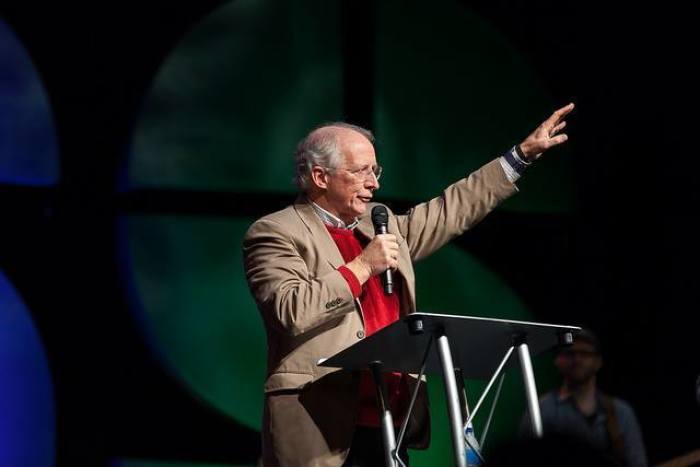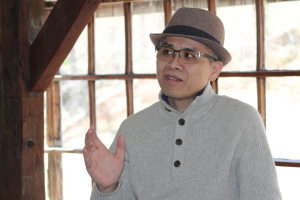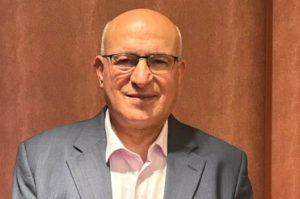Should Christian jurors find people innocent, even when proven guilty? John Piper answers

Theologian and author John Piper addressed the question of whether Christians have a duty to find people innocent of a crime — even if they've been proven guilty — when serving on a jury.
In an episode of the “Ask Pastor John” podcast on Desiring God Friday, a listener asked a question about a professor he'd heard claim that “even if a Christian juror knew without a doubt — based on evidence — that a defendant was guilty of a crime, the Christian’s duty is to pass along a verdict of not guilty.”
For evidence, the unnamed professor cited John 8:1-11, in which Jesus saved the life of a woman who had been found guilty of adultery and was going to be stoned.
“Since Jesus didn’t convict the guilty woman, neither should we convict guilty criminals today. That’s a basic summation of the professor’s argument,” inquired the listener. “How would you respond? I would appreciate your thoughts on what God expects from Christian jurors.”
Piper responded that he believed the event was the way in which Jesus was showing how the Church would be “distinct from ethnic, political, geographic Israel” and would not be “governed as a national, political, geographic body politic with civil laws regulating, for example, capital punishment, the way Israel was.”
“Rather, the church, the new people of God, will not be a political or ethnic or geographic reality, but it will be governed by the law of Christ, which introduces significant changes from the law of Moses,” said Piper.
Piper then stressed that he didn't believe the passage called for Christians selected to be on juries to acquit the guilty, noting that the New Testament was full of commands for governing officials to mete out justice on evildoers and the Church was commanded to enact discipline on members who sin.
“I, we, desperately need the Holy Spirit to guide us: When should our witness to Christ involve turning the other cheek?” he asked. “And when should it involve spanking a child or not, letting an employee go or not, giving the student a C instead of an A or not, excommunicating an adulterous Christian or finding some other way to move them forward for now, and finding a murderer guilty while serving as a Christian juror?”
Last month, the U.S. Court of Appeals for the 11th Circuit ruled that a court erred in dismissing a juror who had said that the Holy Spirit led him to conclude that the defendant was not guilty.
Chief Judge William Pryor wrote the majority opinion of the circuit decision, writing that “the district judge abused his discretion by dismissing the juror.”
“Jurors may pray for and believe they have received divine guidance as they determine another person’s innocence or guilt, a profound civic duty but a daunting task to say the least,” wrote Pryor.
“Juror No. 13’s vivid and direct religious language — read in the light of his other statements — suggests he was doing nothing more than praying for and receiving divine guidance as he evaluated the evidence or, in secular terms, provided an explanation of his internal mental processes — all consistent with proper jury service.”




























